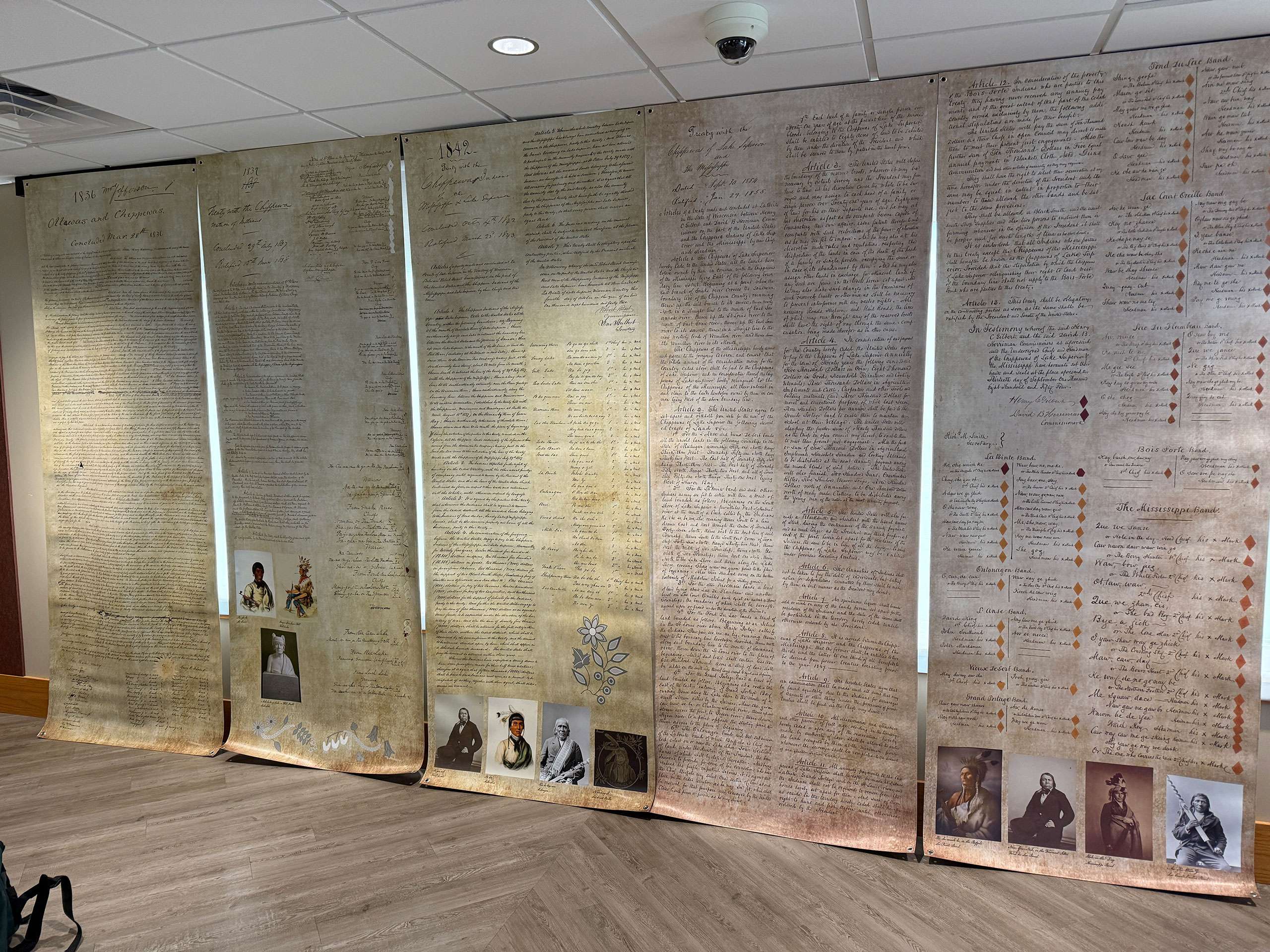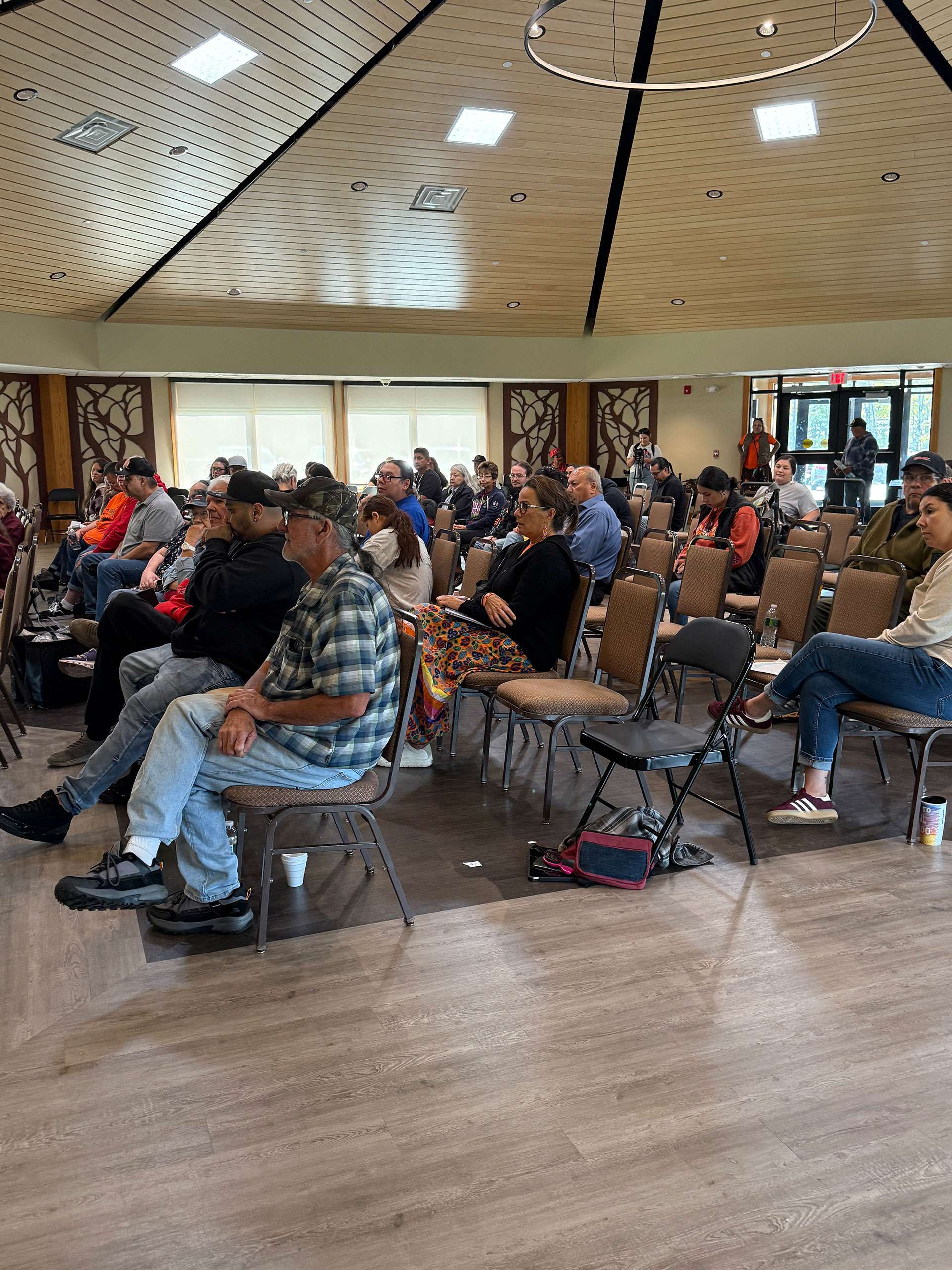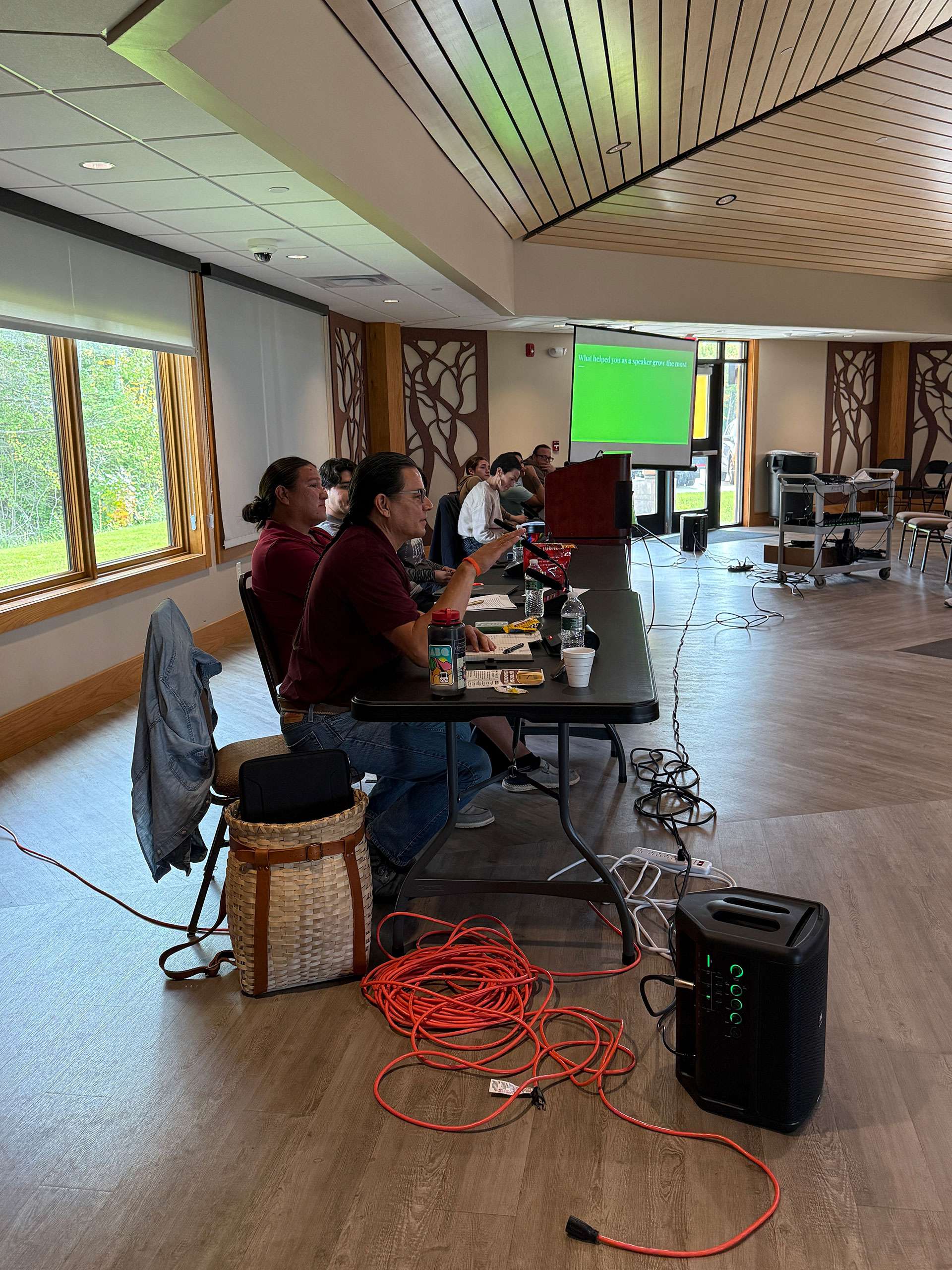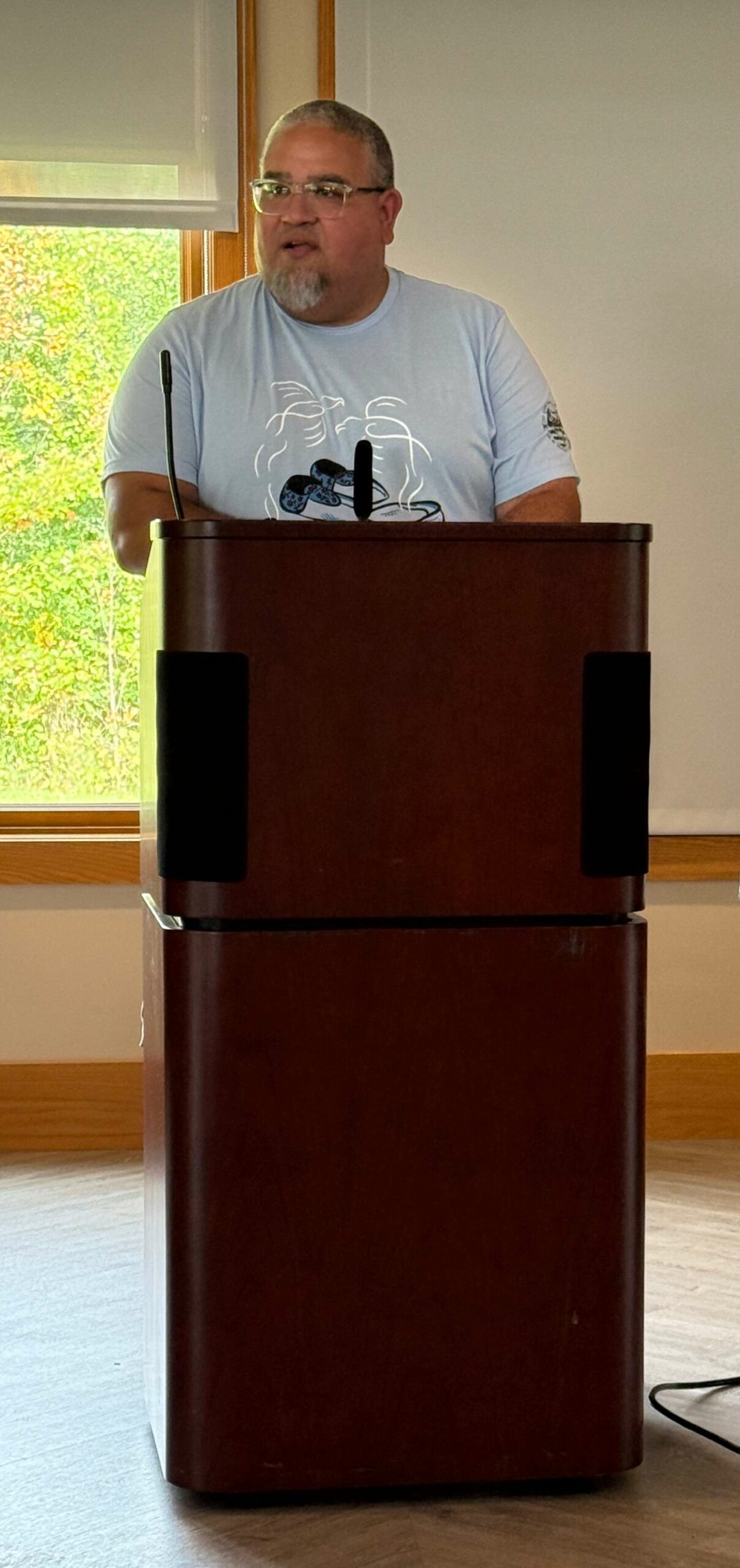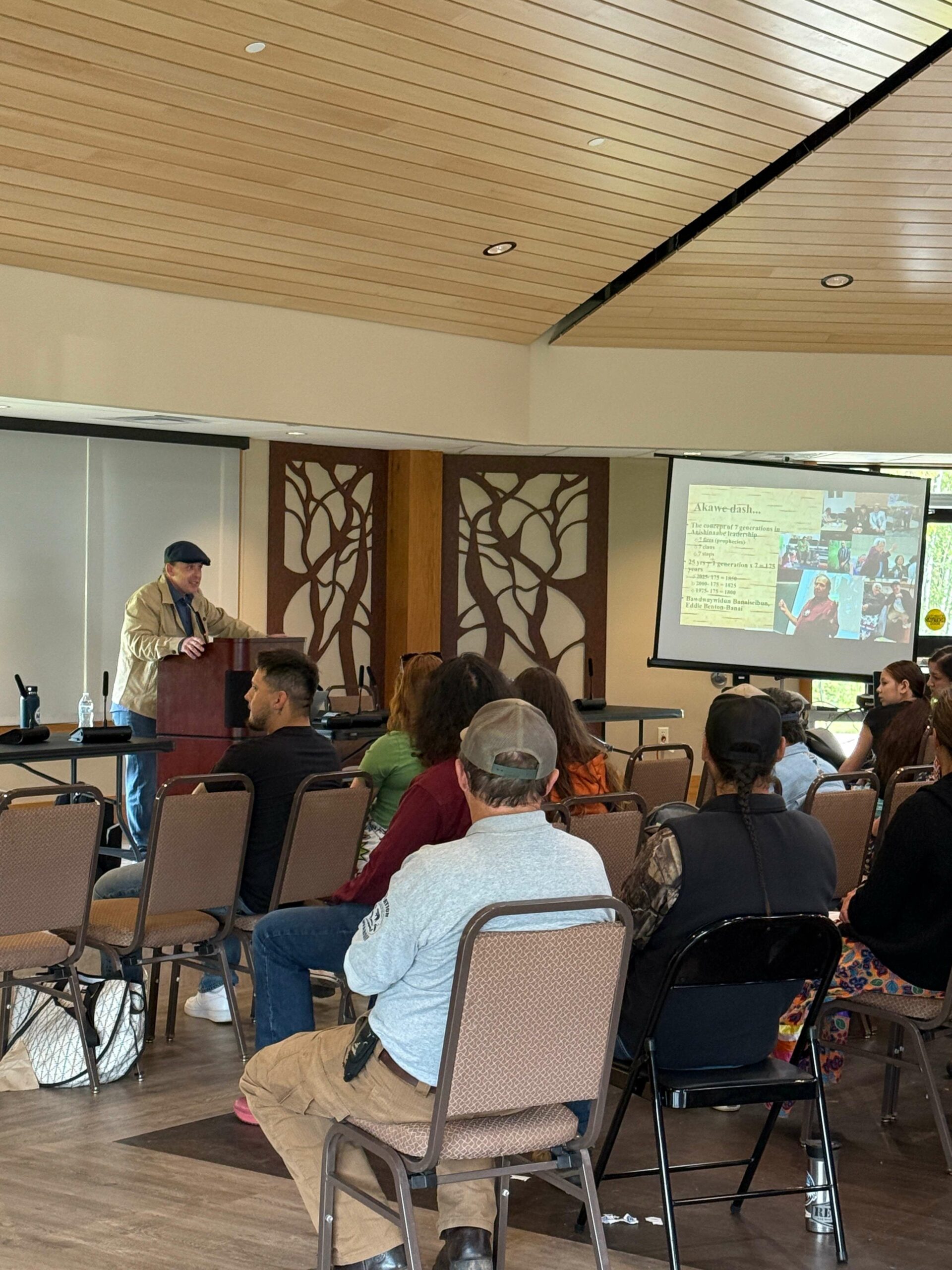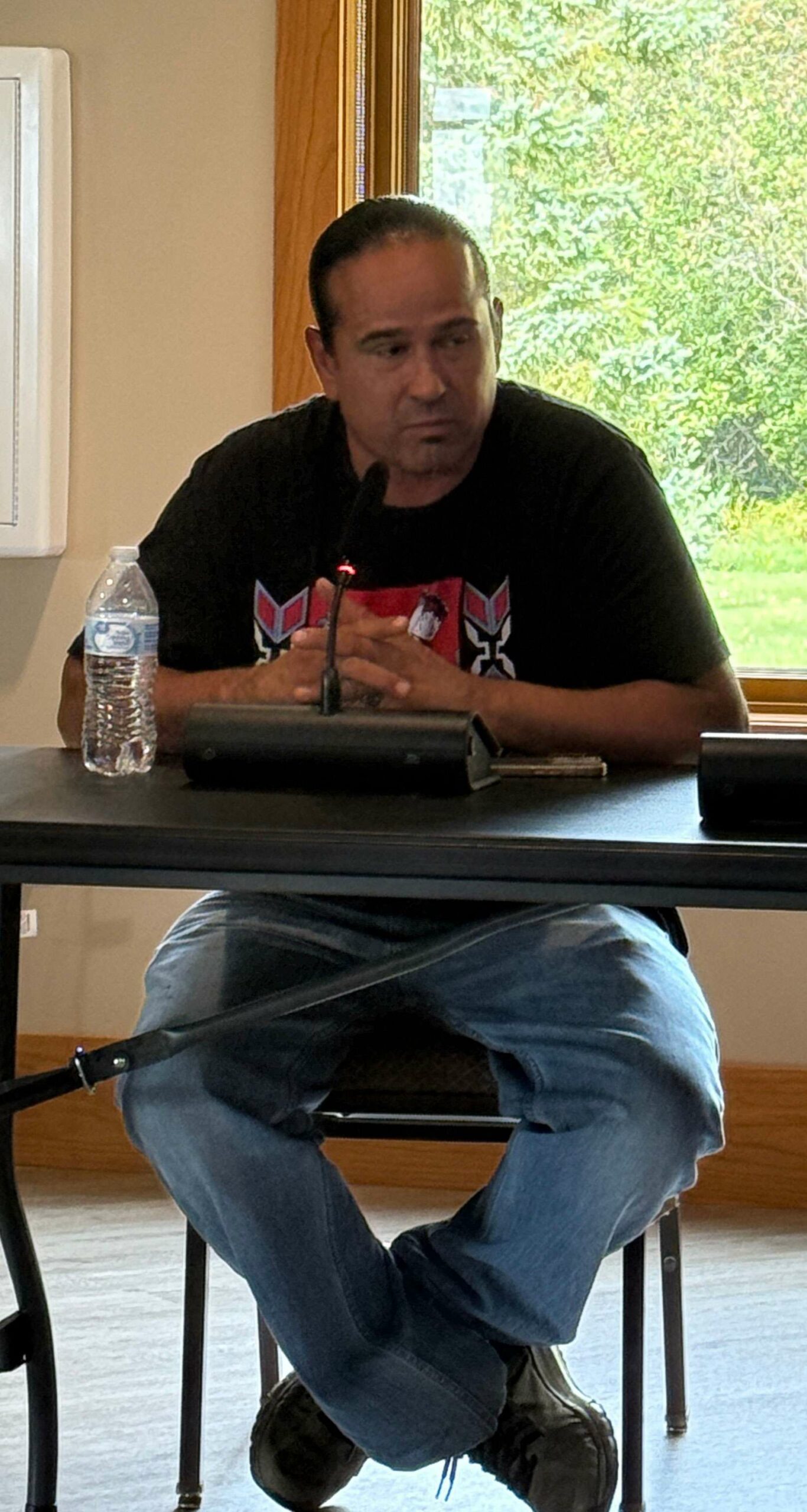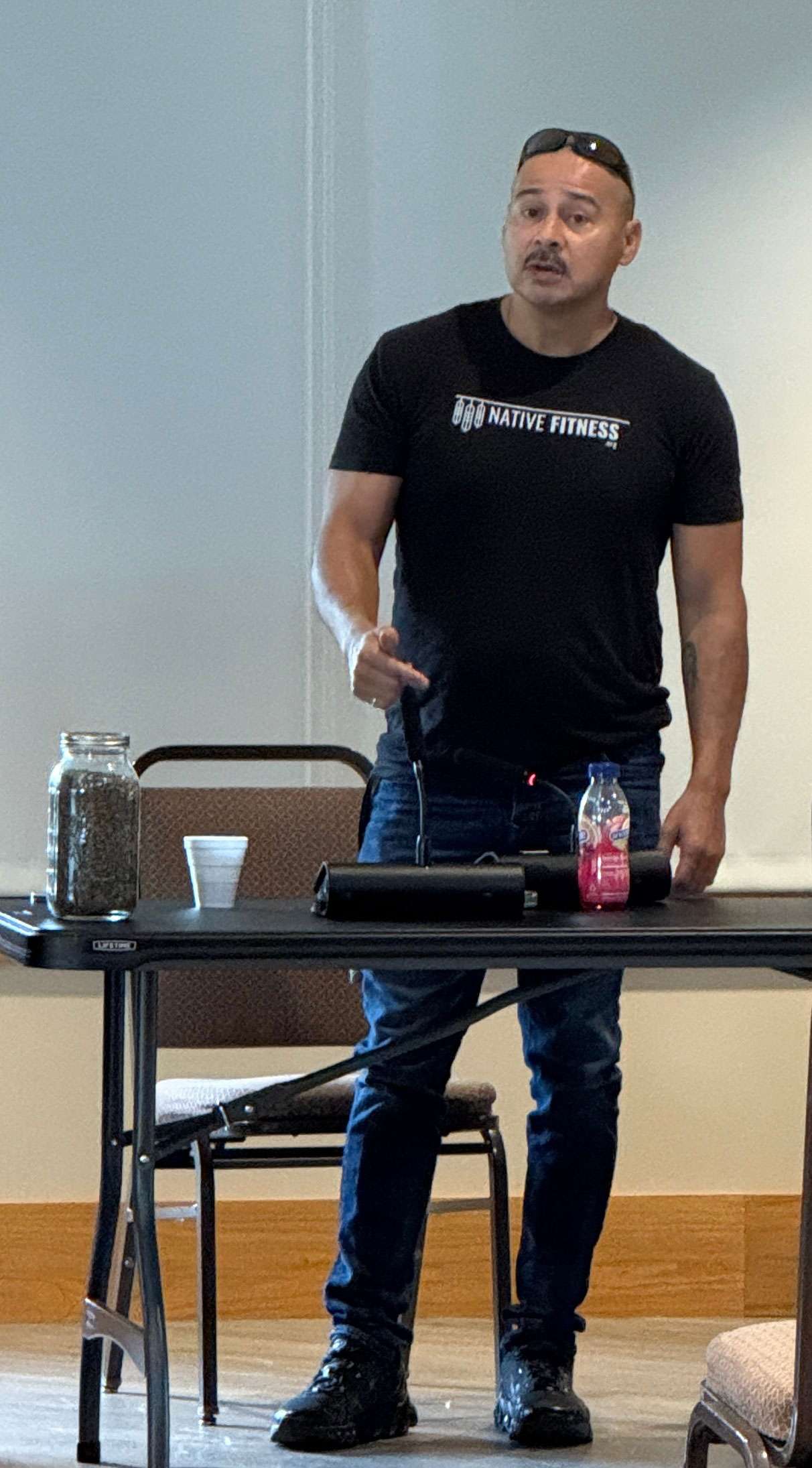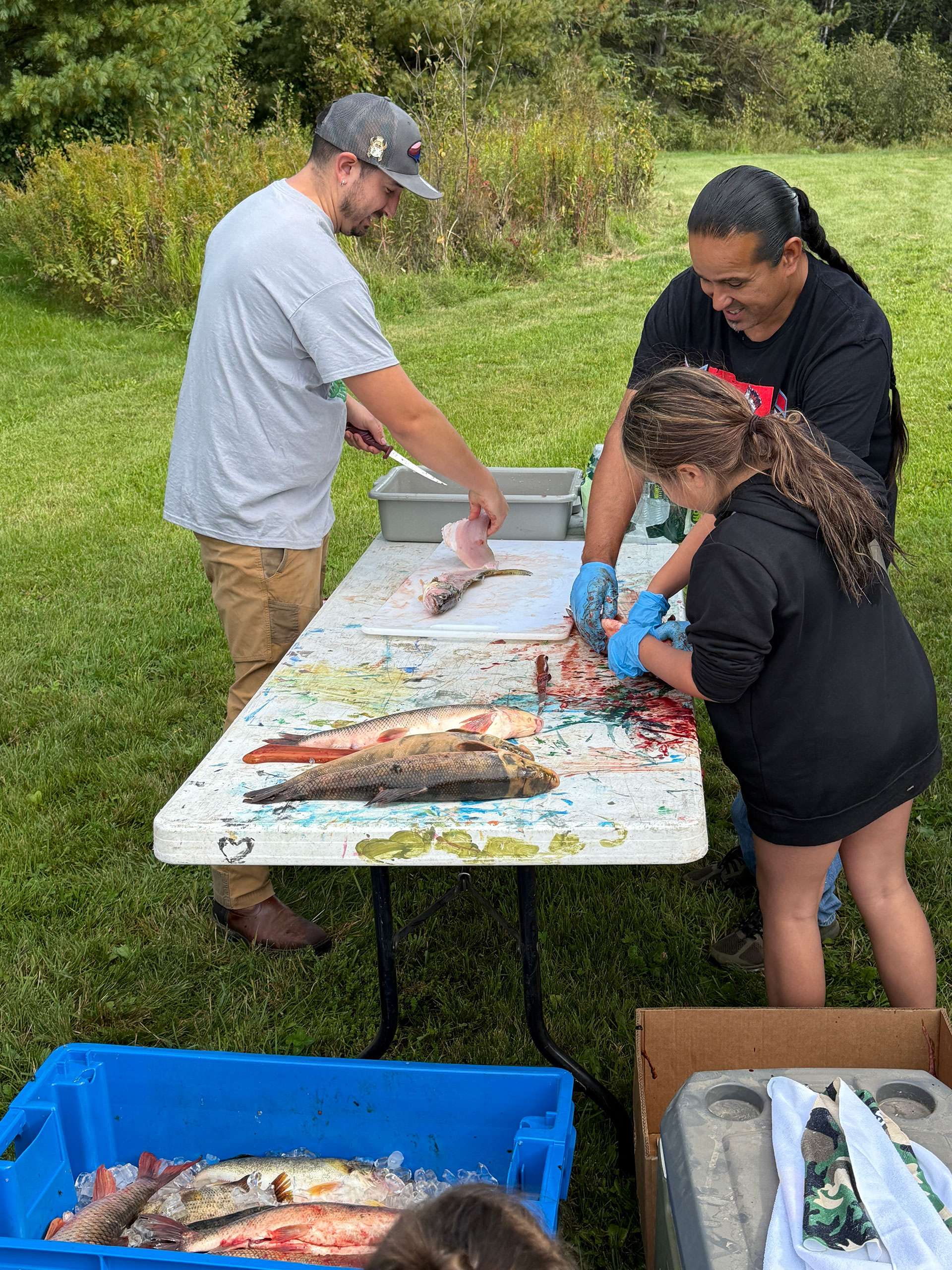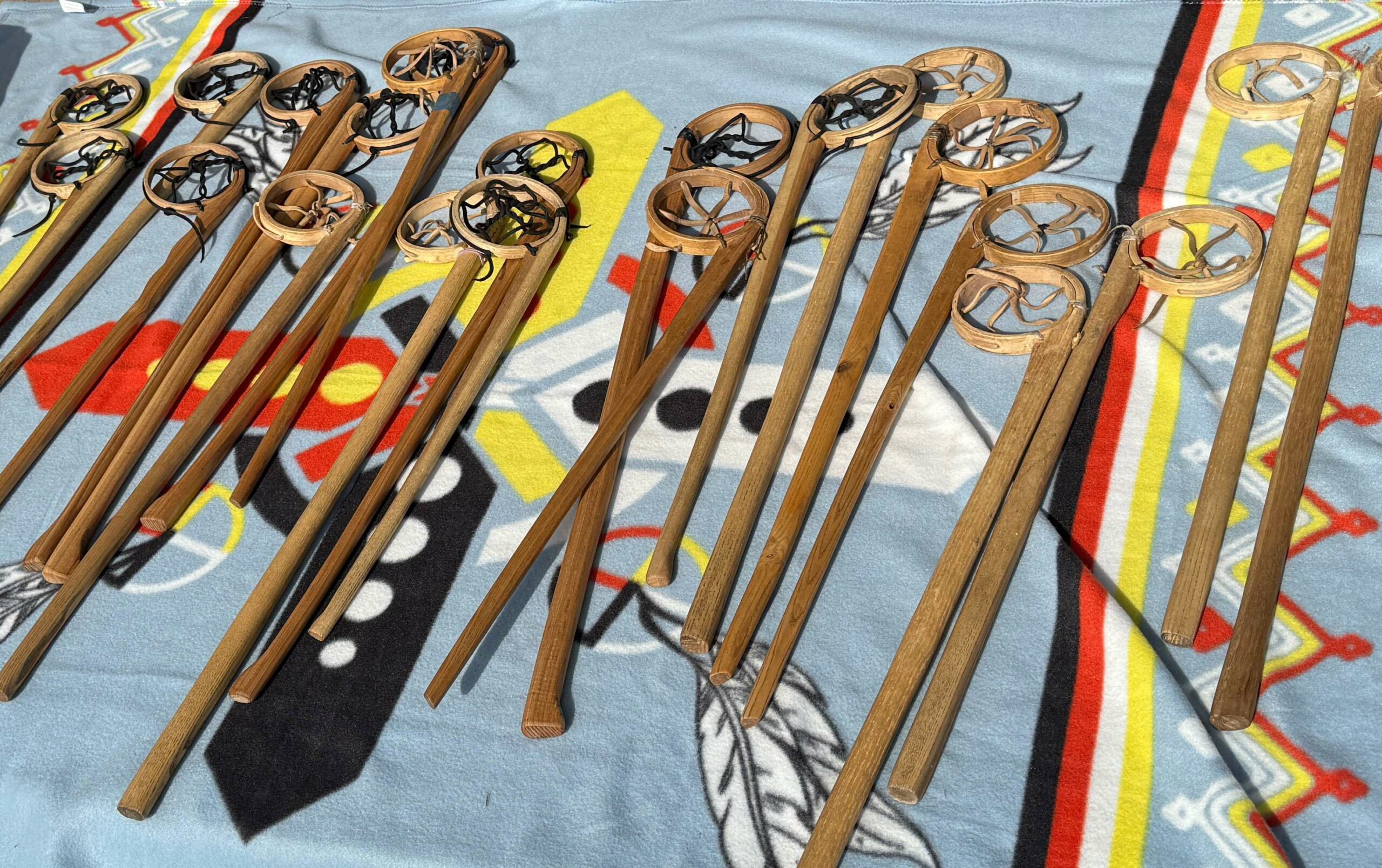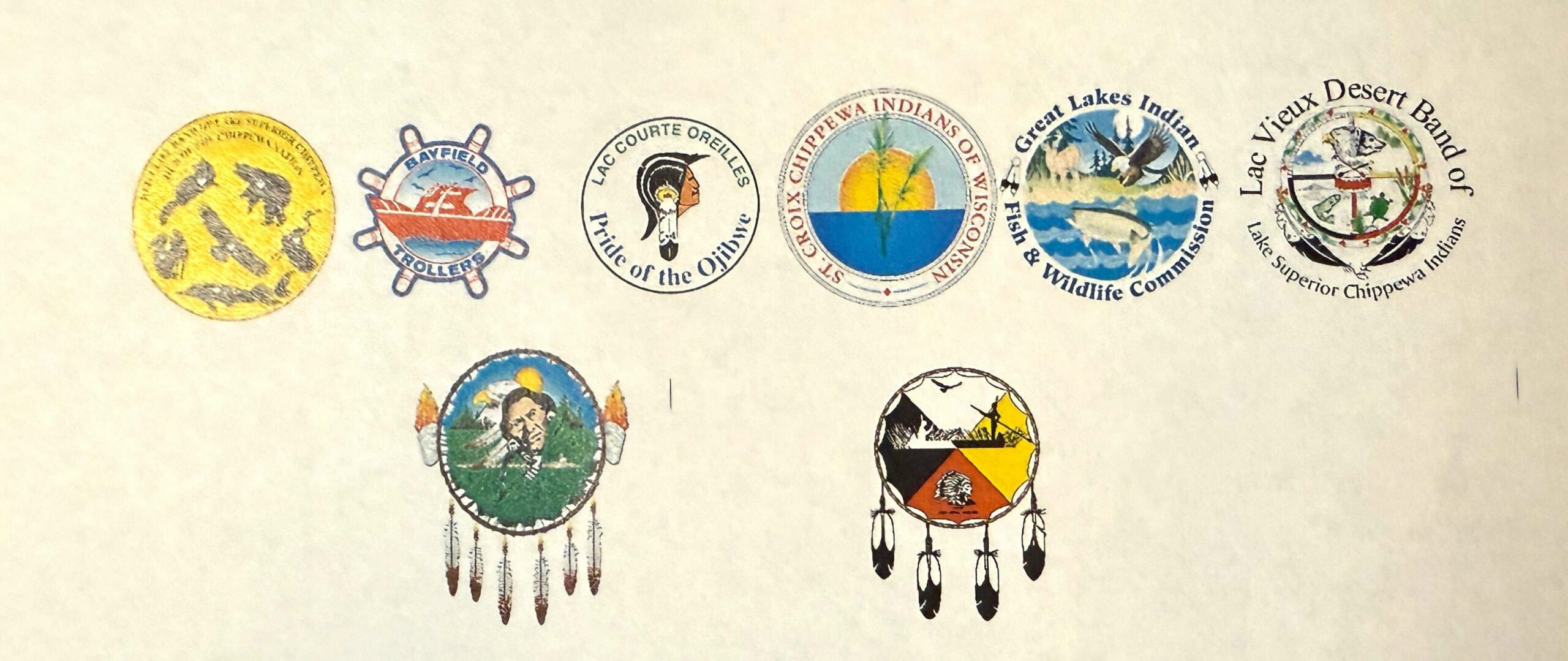Signed 171 years ago between the United States government and multiple Ojibwe bands, the Treaty of 1854 marked a turning point in the tribes’ relationship with the federal government. While it resulted in the cession of ancestral lands, it also guaranteed vital rights that continue to shape legal, political, and cultural realities for Ojibwe people today.
“This treaty was not the end of our story — it was a promise that our rights, our way of life, and our sovereignty would continue,” said a Red Cliff tribal elder during the ceremony. “Today we remember that promise, and we continue to hold the federal government accountable to it.”
Land Cession and Retained Rights
The treaty involved the cession of large areas of land in northern Wisconsin, northeastern Minnesota, and Michigan’s Upper Peninsula. In return, the Ojibwe retained hunting, fishing, and gathering rights on these lands — rights that remain legally recognized and actively defended in courts and communities.
Establishing a Land Base
The treaty also established permanent reservations for several Ojibwe bands, allowing them to maintain physical and cultural homelands still inhabited today.
A Legacy of Sovereignty and Legal Strength
The Treaty of 1854 formally acknowledged tribal sovereignty and the right to use natural resources, principles that continue to guide tribal governance. These rights have played a central role in modern legal disputes over natural resources, treaty enforcement, and environmental protections.
“This treaty isn’t just a historical document — it’s a living agreement,” said a speaker from the Fond du Lac Band of Lake Superior Chippewa. “It continues to shape our future and our identity.”
Today, the Treaty of 1854 remains a cornerstone in the fight for tribal self-determination and environmental stewardship. Courts have repeatedly upheld its terms, reinforcing the Ojibwe’s legal standing in matters ranging from fishing rights to land management and development disputes.
The Treaty Day commemoration included a pipe ceremony, speeches by tribal leaders and educators, harvesting demonstrations, and lacrosse games, all honoring the strength and resilience of the Ojibwe people.
As the event came to a close, the message was clear: the Treaty of 1854 is not just about the past — it is about the future of Native sovereignty, identity, and justice.
For more information of the Treaty of 1854 visit the LCO Law Library at: Lac Courtes Oreilles Tribal Treaty 1854 | Lac Courte Oreilles Law Library

